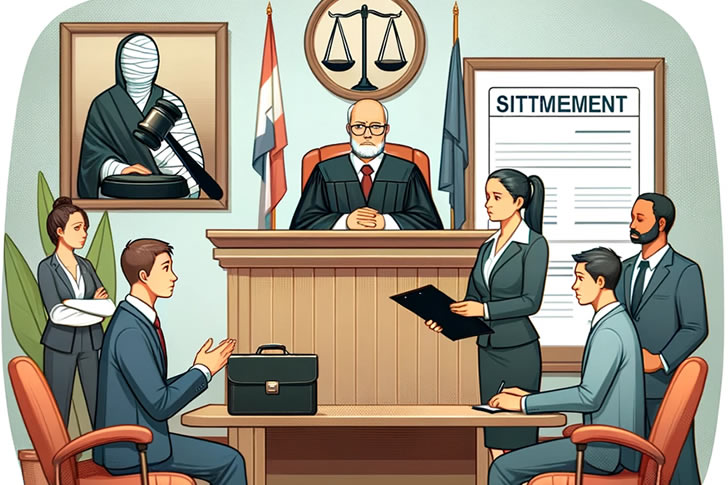American: How to Select the Right Personal Injury Lawyer for Your Case
Choosing the right personal injury lawyer can significantly impact the outcome of your case. Here’s a guide to help you make an informed decision.

Understanding Personal Injury Law
Personal injury law covers a wide range of cases, including car accidents, medical malpractice, slip and falls, and more. Each state has its own laws and regulations, so it’s crucial to find a lawyer who is well-versed in your state’s specific laws.
Research and Recommendations
- Ask for Recommendations: Start by asking friends, family, or colleagues if they know any reputable personal injury lawyers. Personal recommendations can provide valuable insights into a lawyer’s competence and ethics.
- Online Research: Use online resources to find lawyers in your area. Websites like Avvo, Martindale-Hubbell, and the American Bar Association can provide information on a lawyer’s experience, credentials, and client reviews.
Key Qualifications to Look For
- Experience: Look for a lawyer with extensive experience in personal injury law. An experienced lawyer is likely to have handled cases similar to yours and will know the best strategies to employ.
- Track Record: Investigate the lawyer’s success rate. A high success rate in winning cases or securing substantial settlements can indicate a lawyer’s competence.
- Specialization: Personal injury law is complex. Ensure your lawyer specializes in personal injury cases rather than practicing general law.
- Credentials: Verify the lawyer’s education, bar association membership, and any additional certifications in personal injury law.
Initial Consultation
Most personal injury lawyers offer a free initial consultation. Use this opportunity to assess the lawyer’s suitability for your case.
- Preparation: Bring all relevant documents, including medical records, police reports, and any correspondence with insurance companies.
- Questions to Ask:
- What is your experience with cases similar to mine?
- What is your success rate?
- How do you plan to handle my case?
- What is your fee structure?
Fee Structure
Understanding a lawyer’s fee structure is crucial. Most personal injury lawyers work on a contingency fee basis, meaning they only get paid if you win your case. Typically, the contingency fee ranges from 25% to 40% of the settlement or award. Clarify any additional costs that may arise during the case.
Client-Lawyer Relationship
A good lawyer-client relationship is built on trust and communication. Ensure the lawyer you choose is someone you feel comfortable working with and who communicates clearly and promptly.
Red Flags to Watch Out For
- Lack of Transparency: Be wary of lawyers who are not upfront about their fees or who guarantee a specific outcome.
- Poor Communication: A lawyer who doesn’t return calls or emails promptly may not prioritize your case.
- Disciplinary Actions: Check if the lawyer has any disciplinary actions against them by the state bar association.
The Importance of a Local Lawyer
Hiring a local lawyer can be beneficial because they will be familiar with the local court system, judges, and opposing lawyers. This local knowledge can provide a strategic advantage.
Settlements vs. Trials
Discuss with your lawyer whether they are more inclined to settle cases out of court or take them to trial. While most personal injury cases settle out of court, it’s essential to have a lawyer willing and able to go to trial if necessary.
Conclusion
Choosing the right personal injury lawyer requires thorough research and careful consideration. By following these guidelines, you can increase your chances of finding a lawyer who will effectively represent your interests and help you achieve a favorable outcome.







Recent Comments